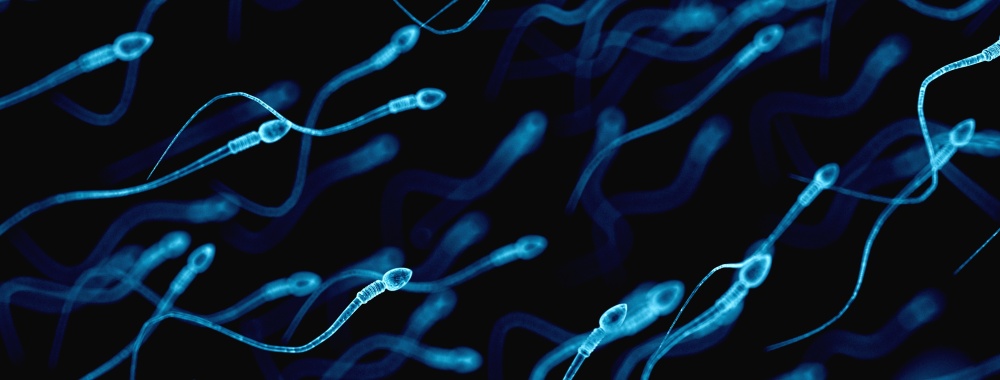Surgical Sperm Recovery

What is Surgical Sperm Recovery?
Surgical sperm recovery encompasses various techniques aimed at retrieving sperm from the male reproductive tract when sperm cannot be naturally ejaculated or collected through other means. This procedure is typically performed in cases of obstructive azoospermia, non-obstructive azoospermia, or when sperm retrieval from the ejaculate has been unsuccessful.
Techniques of Surgical Sperm Recovery:
Percutaneous Epididymal Sperm Aspiration (PESA):
- Procedure: A needle is inserted directly into the epididymis (a coiled tube where sperm mature) to aspirate sperm.
- Indications: Used in cases of obstructive azoospermia where sperm production is normal but blocked ducts prevent sperm from reaching the ejaculate.
Testicular Sperm Aspiration (TESA) and Testicular Sperm Extraction (TESE):
- Procedure: TESA involves inserting a needle into the testicle to aspirate sperm, while TESE involves making a small incision to directly extract testicular tissue containing sperm.
- Indications: Used in cases of non-obstructive azoospermia where sperm production is impaired within the testicles.
Microdissection Testicular Sperm Extraction (Micro-TESE):
- Procedure: An advanced technique involving microscopic dissection to identify and extract sperm-producing tissue within the testicles.
- Advantages: Offers higher sperm retrieval rates with minimal damage to testicular tissue compared to traditional TESE.
Considerations and Success Rates:
- Consultation and Evaluation: Prior to surgical sperm recovery, thorough evaluation by a fertility specialist is necessary to determine the most appropriate technique based on individual factors such as medical history, fertility diagnosis, and testicular condition.
- Success Rates: Success rates vary depending on the underlying cause of male infertility, the technique used, and individual patient factors. Your fertility specialist can provide personalized information regarding expected outcomes.
Post-Procedure Care and Follow-Up:
- Recovery: Patients typically recover quickly after surgical sperm recovery procedures with minimal discomfort and are usually able to resume normal activities shortly afterward.
- Follow-Up: Follow-up appointments with the fertility specialist are essential to monitor recovery, discuss sperm quality, and plan for subsequent fertility treatments such as IVF or ICSI (Intracytoplasmic Sperm Injection).
Surgical sperm recovery techniques offer hope to couples facing male infertility challenges by providing access to viable sperm for assisted reproductive treatments. By understanding the procedures and considerations involved, individuals can take proactive steps towards achieving their family-building goals with the guidance of experienced fertility specialists.

